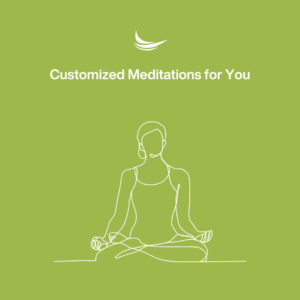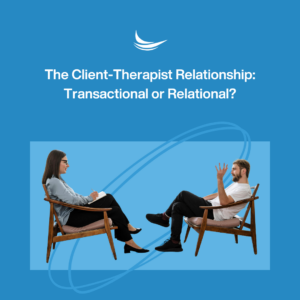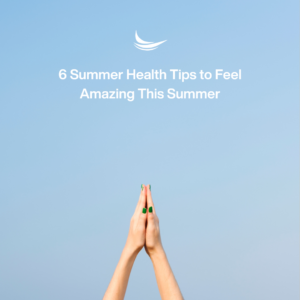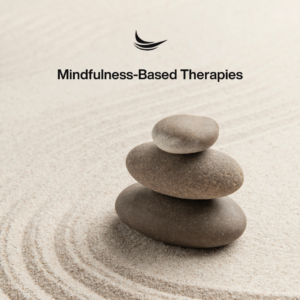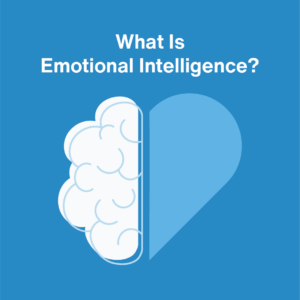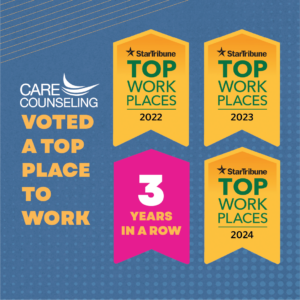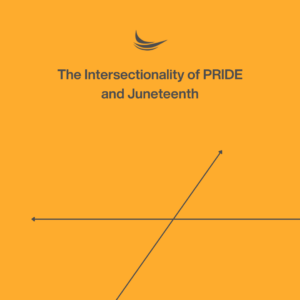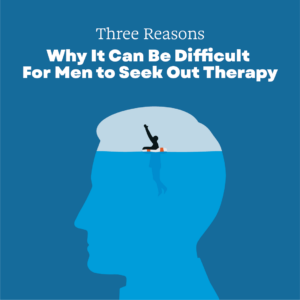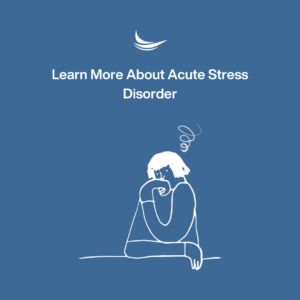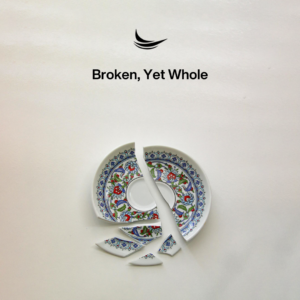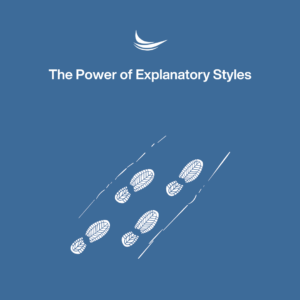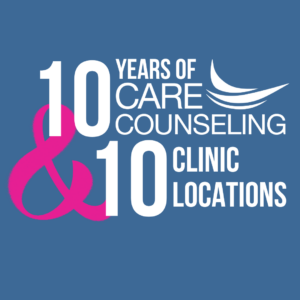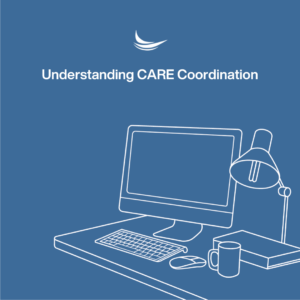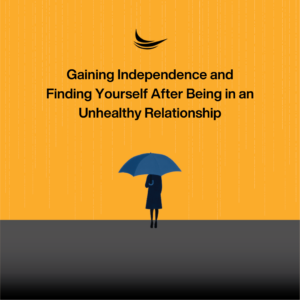CARE: Childhood, Adulthood, Relational & Emotional Counseling
 CARE: Childhood, Adulthood, Relational & Emotional Counseling
CARE: Childhood, Adulthood, Relational & Emotional Counseling
Did you know that each letter in the work CARE represents important aspects of therapy at CARE Counseling?
Childhood
We have an awesome group of providers who are here to help support children’s mental health. Different ages and stages bring new joys and challenges of parenthood, from ages 0-5, the school-aged years, pre-teens, and older teens. Our therapists who work with children understand early childhood development such as communication skills and social-emotional learning. They work to meet your child where they are at, building relationships through modalities such as art and play while supporting children by using words or nonverbal strategies to communicate how they feel.
Behavioral and academic struggles can emerge during the school-aged years and worsen, without the support of early intervention. Bullying, isolation, and disconnection can take their toll on a young person, especially when there are multiple risk factors impacting the family systems such as abuse, neglect, trauma, and highly stressful experiences. Children and teens may turn to unhealthy strategies for relief such as self-injury, substance use, delinquent behavior, and suicidal ideation or attempts. It is important to help empower children and teens to be confident in their identities and abilities. Therapy is a space where children can come to feel seen, heard, and understood, while learning skills to cope.
Adulthood
We understand that adulting is hard and are here to support adults of all ages and stages of life. In addition to being specifically trained to treat mental health disorders such as anxiety,depression, bipolar, post-traumatic stress disorder, and attention-deficit hyperactivity disorder, we take a holistic approach to treat the whole person. This includes symptoms that impact physical health such as sleep difficulties, symptoms that impact relationships such as irritability, and symptoms that impact performance at work or school such as difficulties concentrating. Common topics that many adults come to therapy to process include grief/ loss, substance use/ addiction, gender, and sexuality.
Relational: We value authentic relational connections within the therapeutic relationship. Our therapists bring warmth, empathy, and a person-centered approach to help create a safe space to build rapport with your therapist and explore the role of relationships. If you are seeking family therapy or couples therapy, we recognize and welcome those who are part of your family and relationship(s).
Emotional Counseling: Our therapists are experts on emotions. This includes emotional awareness, emotional expression, acceptance of emotions, and emotional regulation. In addition, therapists can support you with effective coping strategies to help with distressing emotions, as well as working with the thoughts and behaviors associated with these.
To learn more about CARE Counseling, check out our website: https://care-clinics.com/
To schedule an appointment, call our main line (612) 223-8898 or schedule online:https://carecounseling.portal.opusehr.app/welcome
We accept all major insurances and currently have same-week availability. If you have thought about therapy but have not yet taken the step to schedule, we would be happy to be part of your journey this year.
Written By: Charlotte Johnson, MA, LPCC

